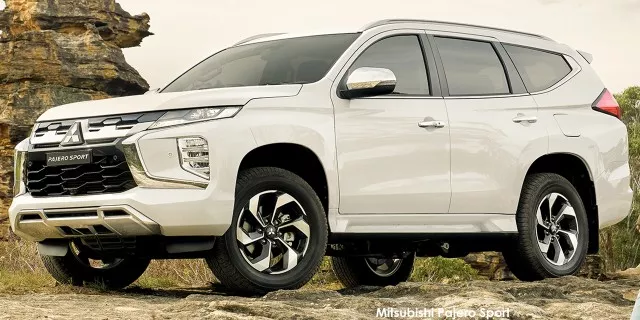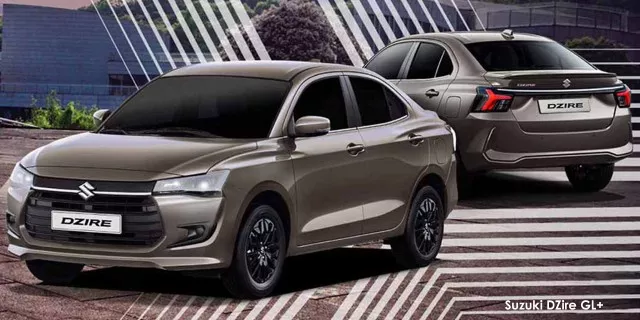What happens to your insurance when your car is stolen and recovered

If your car is stolen and recovered, your insurer will get it repaired and send it back to you in the condition that it was before it was taken.
However, if the damages it suffered were too severe, your insurer may decide that the vehicle is “uneconomical to repair” and write it off, in which case you will be able to claim for its insured value, said Sakina Ntuli, spokesperson for King Price Insurance.
My car was stolen, what now?
If you realise that your car was stolen, it is imperative to report the matter to the police as soon as possible to get the vehicle flagged on the country’s stolen vehicle database, as well as the tracking company if it has a tracker installed, which increases the likelihood of it being recovered by both parties.
The police will also give you a case number which is necessary to initiate an insurance claim. Once the matter is reported, the process of claiming for the stolen vehicle starts and your case will be “validated on its merits,” said Ntuli.
If, however, your car is found and recovered before the insurer pays out the claim, the process will be halted to determine whether it will be returned or not.
In this scenario, the vehicle is first impounded by the police until the insurer is able to evaluate the damages.
“Once the insurer is able to uplift the vehicle, it will be assessed to confirm the damage and whether it would be economical to have the vehicle repaired,” said Ntuli.
“How settlement will proceed is dependent on whether the car is a write-off or economical to repair.”
If it’s economically and structurally repairable, the insurer will take care of it and get it safely back into your hands, but if not, the insurer will write it off as a total loss.
“In the event of a valid total loss claim, the insurer will first settle the financial institution up to the insured value of the vehicle at the time of the loss, less any excess amount/s payable if the vehicle is financed, or the client if the vehicle isn’t financed, which terminates all rights the client has to the vehicle,” said Ntuli.
“If the amount owing to the bank is less than the insured value at the time of the loss, the surplus would be paid to the client less the excess amount/s.”
In the unlikely scenario that your vehicle is recovered after you have received your payout, the insurer is entitled to that salvage and may dispose of it in any way it sees fit, and it may ask you to assist in confirming that the salvage is, in fact, the risk that was claimed for.








